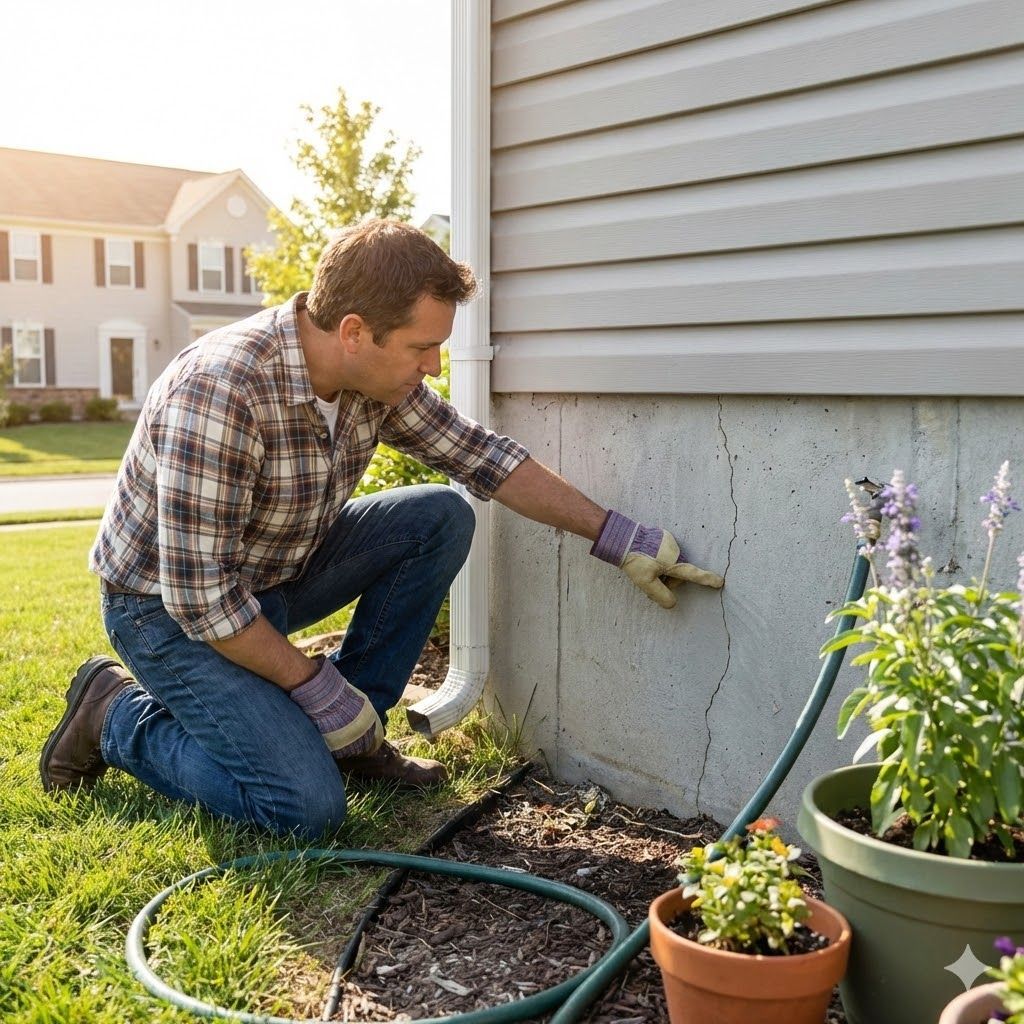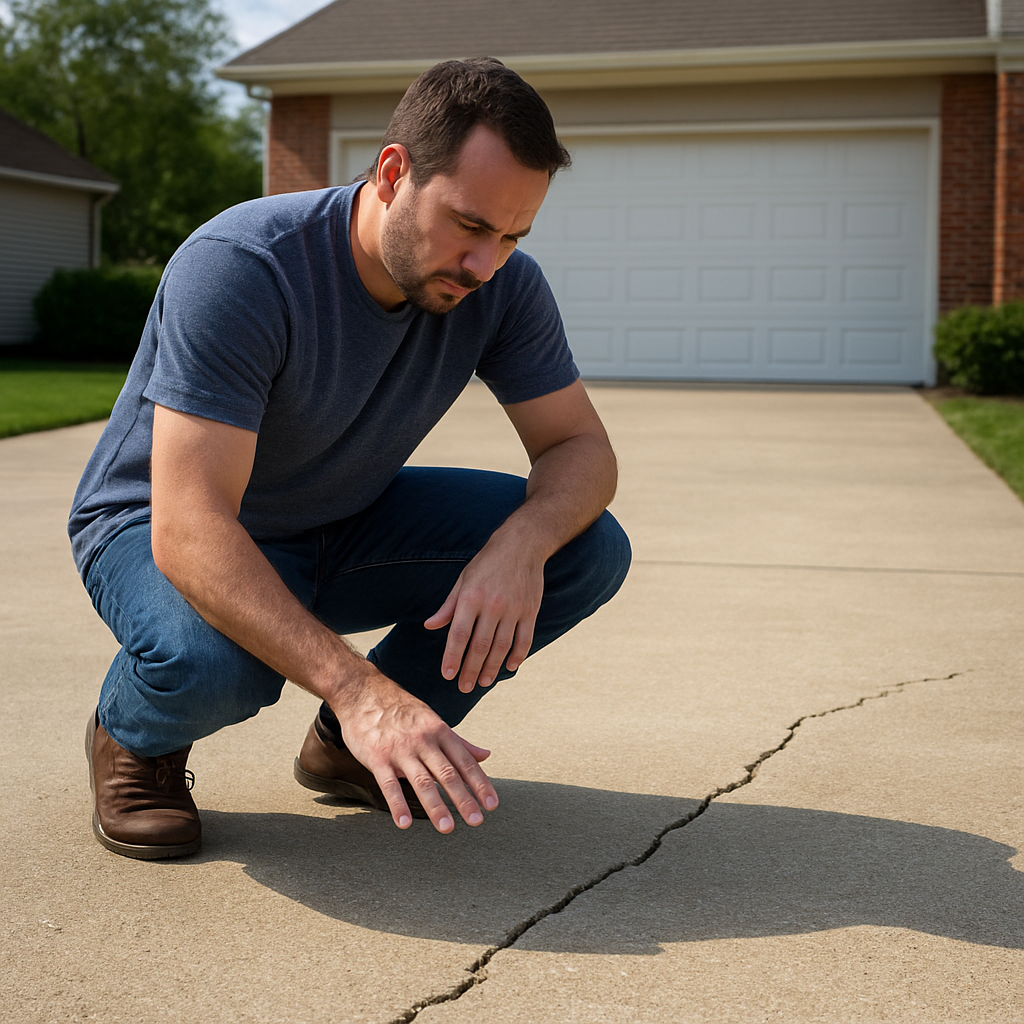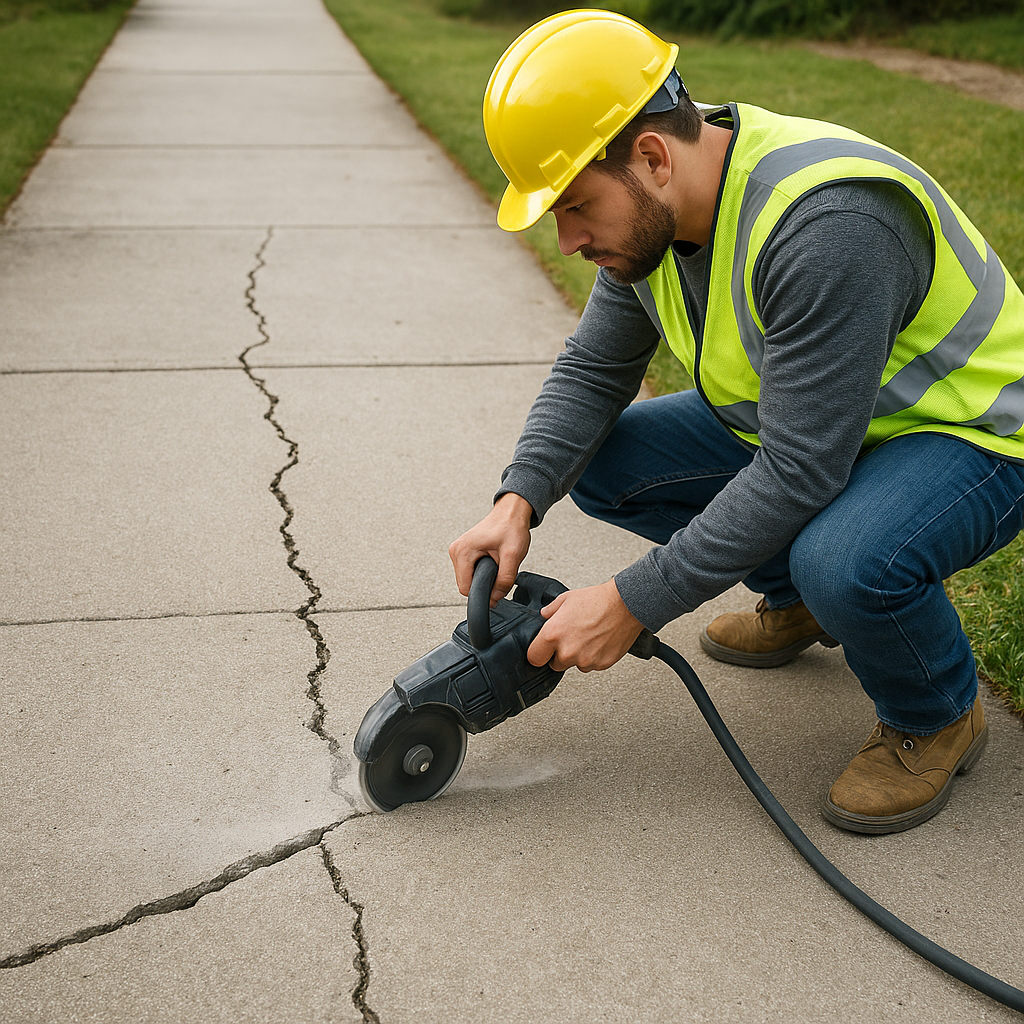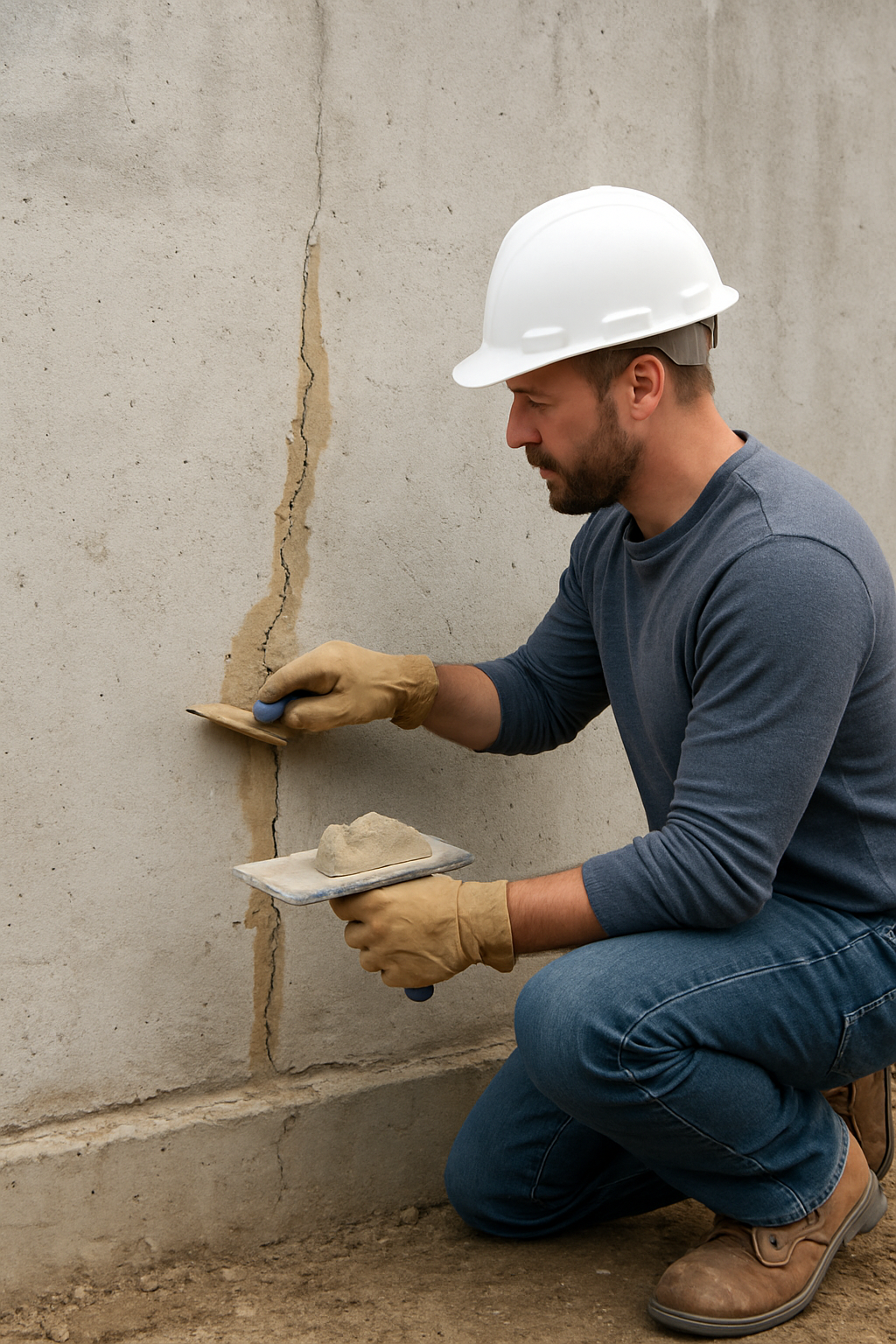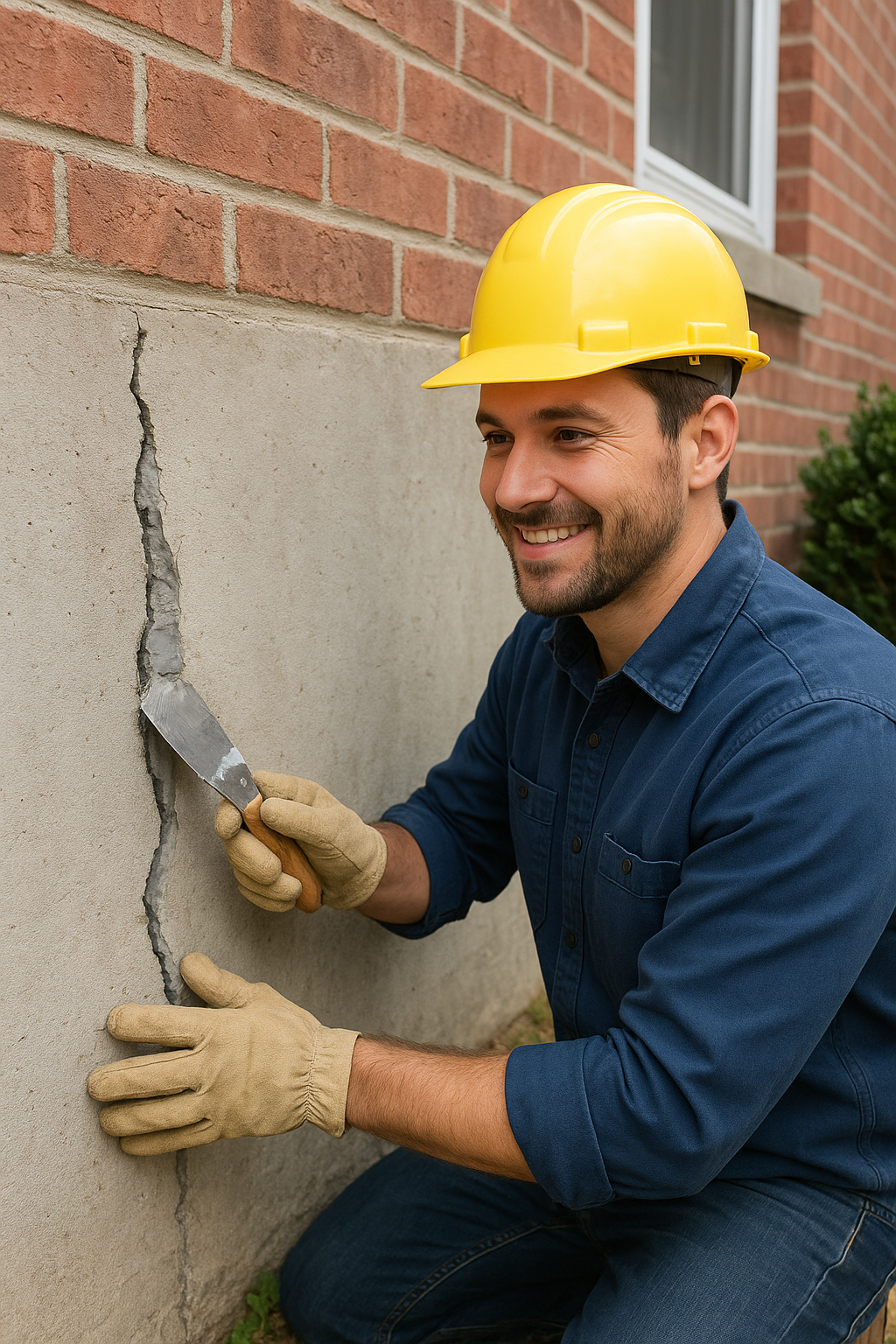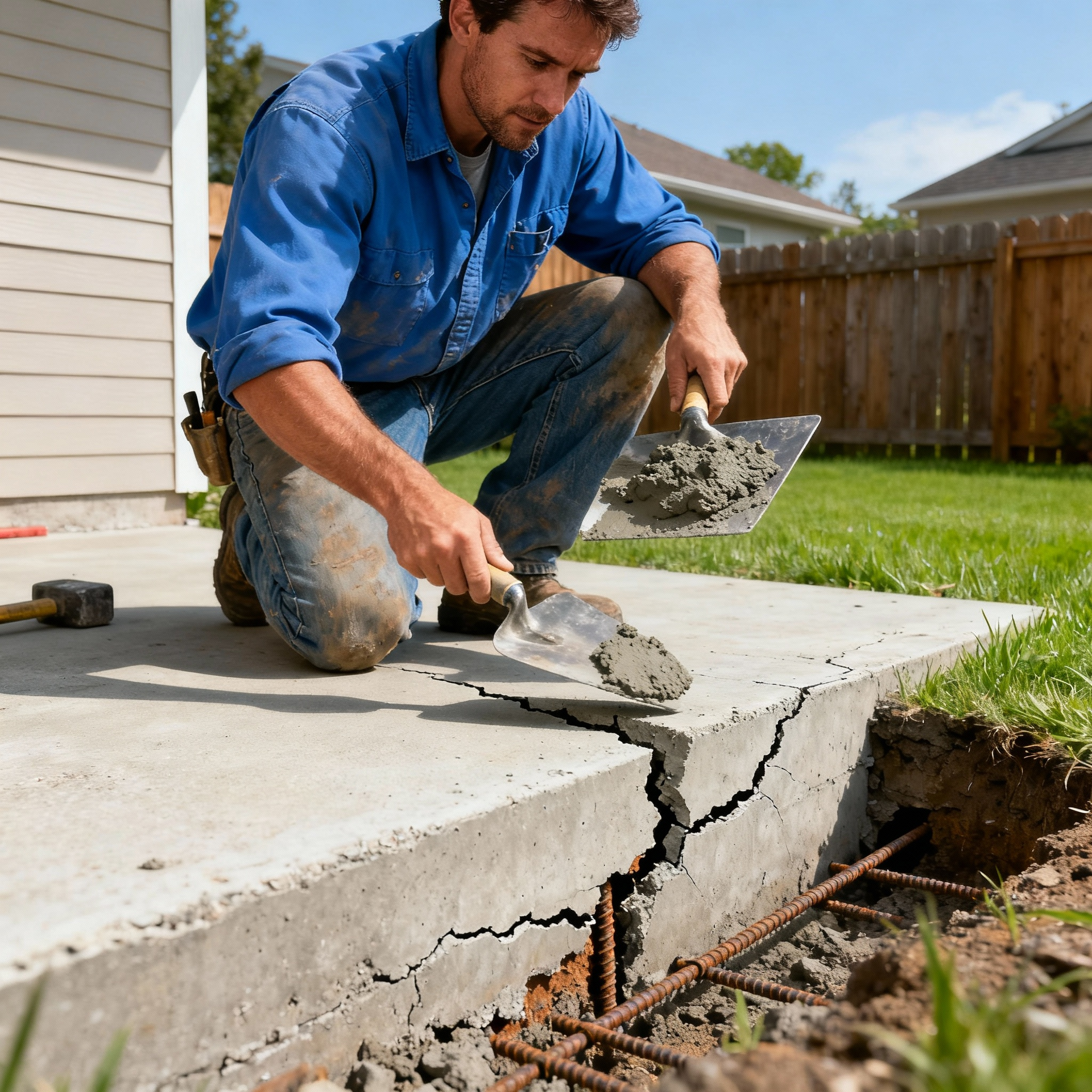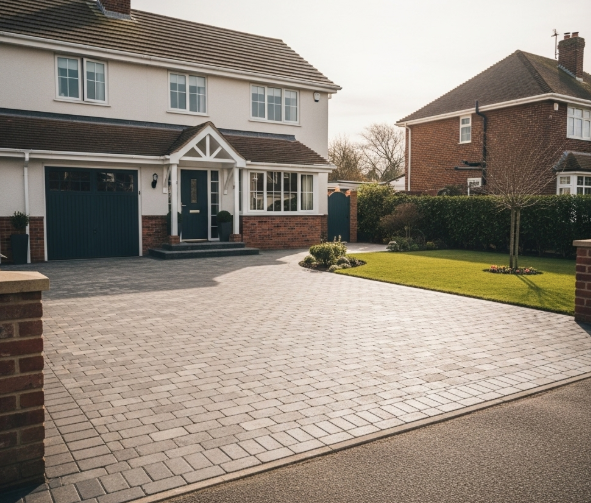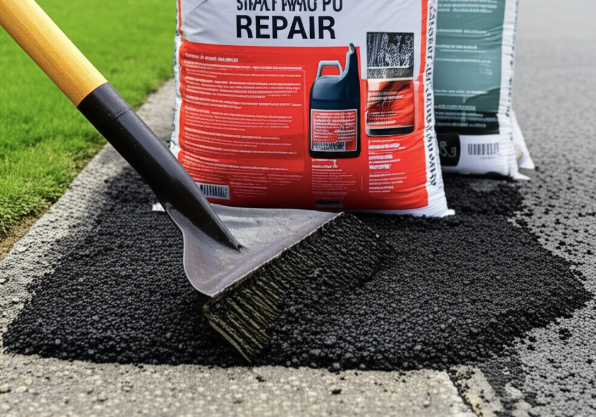When to Call Foundation Crack Repair Specialists in Youngstown
Owning a home in Youngstown means dealing with seasonal shifts that can take a toll on concrete foundations. From freezing winters to humid summers, every temperature change impacts how your concrete expands, contracts, and settles. These natural effects can lead to cracks—some purely cosmetic, others more serious. But how do you know when it’s time to call a foundation crack repair specialist?
Concrete repair isn’t just about keeping your home looking sharp—it’s also about preserving its safety and value. Let’s explore the top reasons you should contact a professional before small cracks turn into costly structural issues.
1. Cracks Wider Than 1/8 Inch
Tiny hairline cracks often result from the natural curing of concrete. However, when cracks are wider than 1/8 inch, they signal underlying foundation movement. Over time, these gaps can allow water infiltration and further destabilize your foundation.
Pro Tip: Use a simple ruler or credit card test—if you can insert the edge of a card into the crack, it's time to call a professional.
2. Cracks Expanding or Spreading Quickly
If your foundation cracks appear to be growing or new cracks are forming, that’s a clear red flag. In a region like Youngstown, where frost heave and soil expansion are common, this often indicates shifting soil beneath your home.
"Concrete cracks can move fast—just like the soil below your foundation," notes a local expert from
. "Catching early movement makes the difference between a minor seal and major reconstruction."
3. Water Seeping Through the Foundation
One of the most visible warning signs of foundation issues is water intrusion. When cracks in your basement or exterior walls allow moisture in, it not only damages concrete but also leads to mold growth and indoor air quality problems.
According to the U.S. Environmental Protection Agency, homes with high humidity and moisture face a 40% higher risk of mold growth, which can affect both health and property value. Timely concrete repair can prevent this entirely.
4. Uneven Floors or Wall Shifts
If floors appear uneven or walls are slightly bowed, the foundation beneath may be settling unevenly. This can be due to expansive clay soils, poor drainage, or improper initial concrete installation.
Before attempting any cosmetic fixes, have a specialist assess whether foundation repair or reinforcement is necessary. Visit
Precision Paving Youngstown’s foundation repair service
for a reliable inspection.
5. Sticking Doors or Windows
Doors that stick or windows that won’t open smoothly often indicate more than humidity—they’re warning signs your home’s frame may have shifted. When your foundation moves even slightly, it alters the entire frame’s alignment.
Concrete specialists can assess whether slab jacking, epoxy injection, or underpinning solutions are appropriate. These proven methods restore level alignment without full demolition.
6. Pooled Water Near the Foundation
Water pooling near your home after rain can be a precursor to foundation failure. Poor grading or drainage allows water to saturate the soil, putting pressure on walls and causing gradual cracking.
Adding downspout extensions or French drains can mitigate surface water, but if cracks have already developed, professional concrete repair is essential to prevent further erosion.
7. Seasonal Foundation Cracking
Youngstown’s winters are harsh on concrete. Repeated freeze-thaw cycles expand trapped moisture, creating new cracks or widening existing ones.
"Concrete behaves like any natural material—it breathes, expands, and contracts," says a technician from
Precision Paving Youngstown’s concrete installation division
. "Winter prep and early repair can save homeowners thousands in spring restoration costs."
8. Visible Exterior Deterioration
Cracking, spalling (flaking), or chipping concrete weakens your home’s exterior. Not only does it look unsightly, but it also indicates your foundation’s surface is vulnerable to further damage.
Schedule annual inspections with a reputable Youngstown contractor, like those offering
driveway repair services to ensure your entire property remains protected.
9. DIY Repairs That Don’t Hold
Many homeowners use DIY crack fillers or sealants to address foundation issues. Unfortunately, these are temporary fixes. When cracks reappear or expand shortly after patching, it’s a clear sign that professional-grade solutions—like epoxy injection or polyurethane foam repair—are needed.
Remember, concrete foundation repair requires both diagnosis and precision, not just patchwork.
10. Planning to Remodel or Sell Your Home
Before any home improvement or real estate transaction, ensuring your foundation is in solid condition is crucial. Foundation warranties, inspection reports, and repair documentation increase buyer confidence and home value.
A structurally sound foundation means your next renovation—whether a
or driveway extension—will stand the test of time.
Frequently Asked Questions
What causes cracks in a concrete foundation?
Most cracks result from normal settling, temperature fluctuations, or water damage. However, significant or recurring cracks often signal deeper structural problems.
Can small cracks really affect my home’s value?
Yes. Even minor cracks can raise red flags during home inspections and potentially reduce resale value if left untreated.
How do specialists repair foundation cracks?
Experts use epoxy or polyurethane injections, structural reinforcement, or slab stabilization techniques depending on the cause and severity of the damage.
Is foundation crack repair covered by insurance?
It depends on the cause. Damage due to poor drainage or soil movement is typically considered maintenance, while sudden damage from disasters may be covered.
Don’t let minor cracks turn into major foundation problems. If you’ve noticed any warning signs, contact
for a professional inspection and concrete repair quote today. Protect your home, your investment, and your peace of mind.
